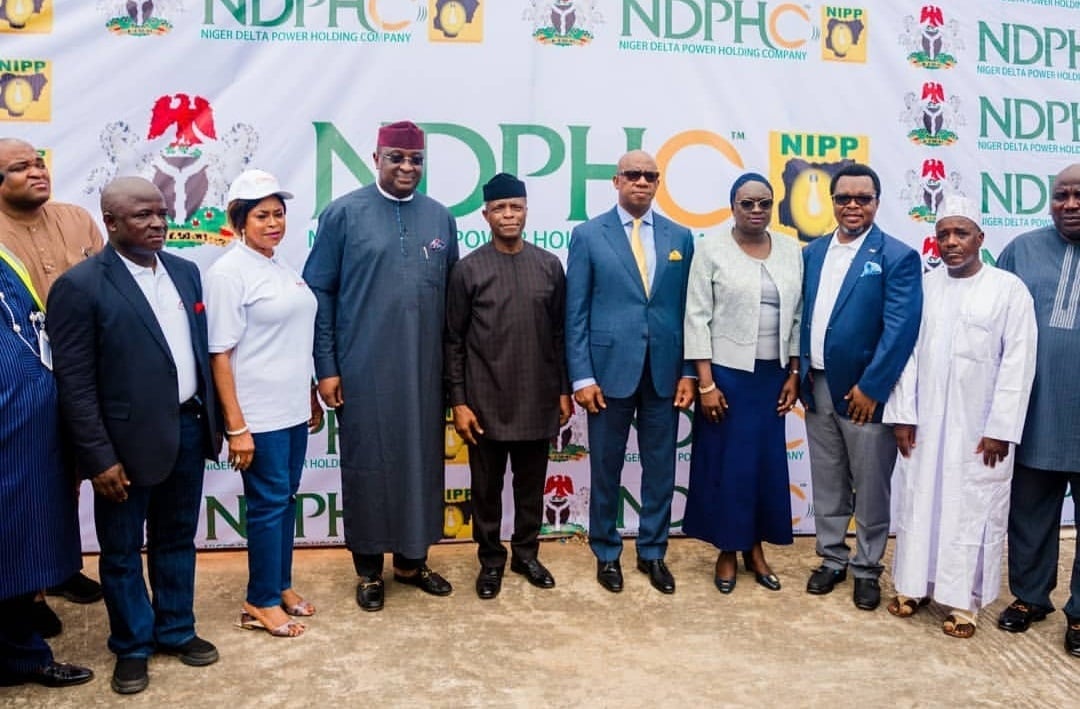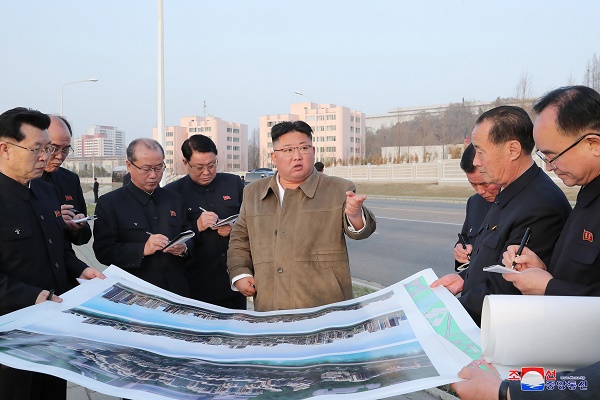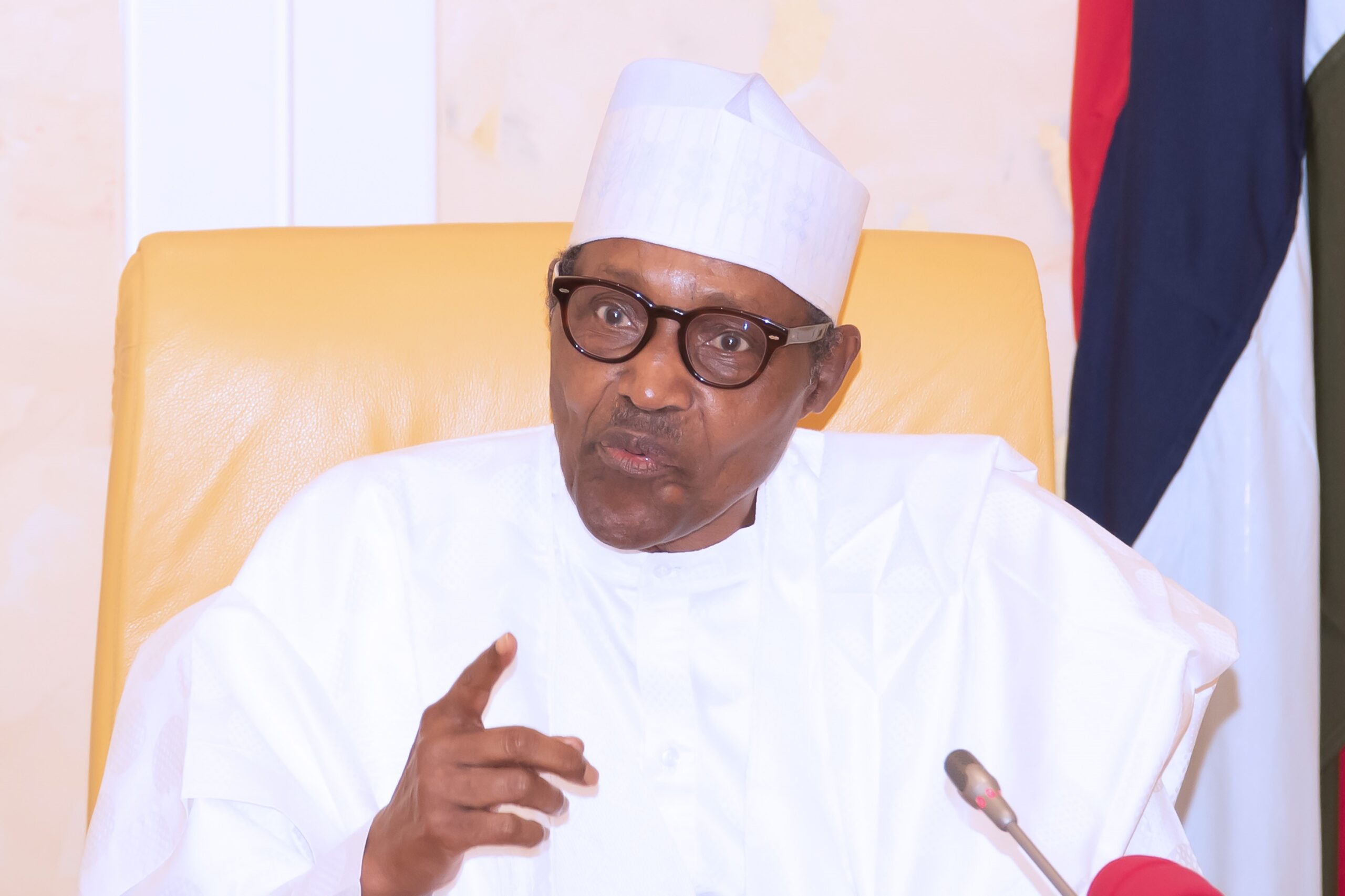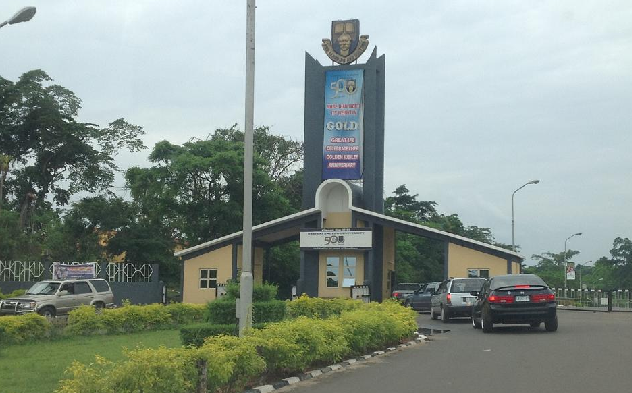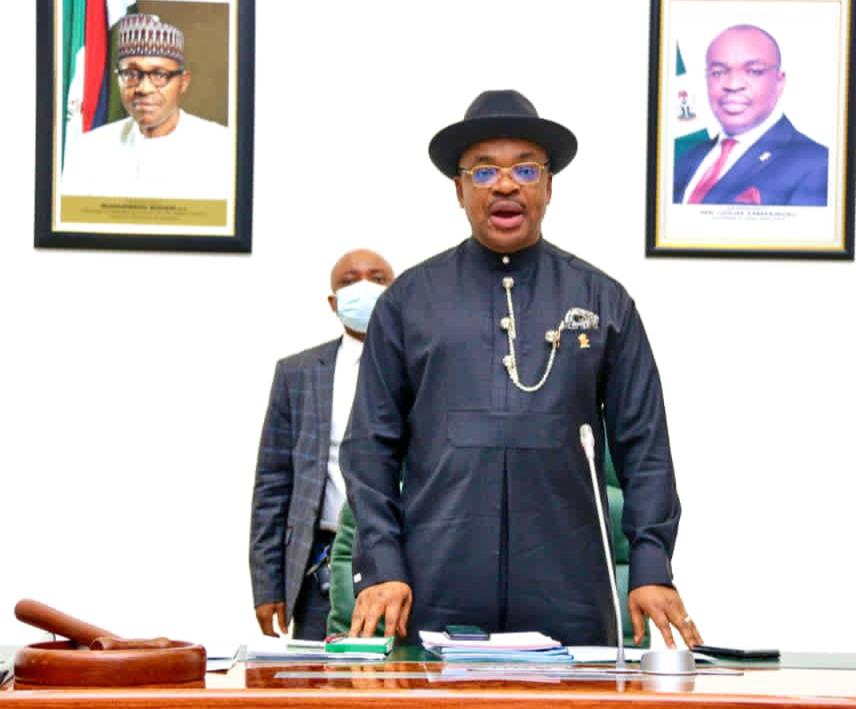BY FRANCIS ADEWALE
“The greatest threat to freedom is the absence of criticism” – Professor Wole Soyinka.
Sometimes what others say about their experience rings home to me. I was particularly disillusioned about events happening in our dear country Nigeria when I read David Brooks most recent column in the New York Times and to my utter surprise and consternation, I found a lot of parallels between what he wrote about America and the ongoing troubles in Nigeria. He wrote, “Great nations thrive by constantly refreshing two great reservoirs of knowledge. The first contains the knowledge from the stories we tell about ourselves. This is the knowledge of who we are as a people, how we got here, what long conflicts bind us together, what we find admirable and dishonourable, what kind of world we hope to build together. This kind of knowledge is not merely factual knowledge. It is a moral framework from which to see the world.
Homer taught the ancient Greeks how to perceive their reality. Exodus teaches the Jews how to interpret their struggles and their journey. For America, the dominant story has been filled with resonant characters — Irving Berlin and Woody Guthrie, Aaron Burr and Cesar Chavez, Sojourner Truth and Robert Gould Shaw.
Advertisement
For Nigeria, the Yorubas see their world through Oduduwa and Obatala who created the world and started from Ife, and thence to Oyo-Ile, Benin etc. Oduduwa was the first divine king of the Yoruba people, and Obatala fashioned the first human beings out of clay. It is said the Yoruba people believe that their civilization began at Ile-Ife where the gods descended to earth. The Yorubas believe all civilizations can trace their roots to a quarter at Ile-Ife, the spiritual but not necessarily the political capital of the World. The stories Yorubas tell themselves help them cope with tragedy, such as the sacking of arguably the most advanced political city-state south of Sahara- Katanga and the internecine wars spurned thereafter. Therefore, the Yorubas honour elders and traditions, understand tragedy and see the need for a strategic long-term view of things compare to Pyrrhic victory.
In the Igbo creation myth, the God, Chineke, created man with part of Himself. Here, the God, Igwe, and the Goddess, Ala, (both components of the creator God, Chineke) met and formed human beings, male, and female. This the root of Igbo individualism, if your chi is bound up in the Supreme Being, why should you bow to another chi?
According to the Bayajidda legend, the Hausa states were founded by the sons and grandsons of Bayajidda, a prince whose origin differs by tradition but official canon records him as the person who married Daurama, the last Kabara of Daura and heralded the end of the matriarchal monarchs that had erstwhile ruled the Hausa people. According to the most famous version of the story, the story of the Hausa states started with a prince from Baghdad called “Abu Yazid”. When he got to Daura, he went to the house of an old woman and asked her to give him water, but she told him the predicament of the land, how the only well in Daura called kusugu was inhabited by a snake called Sarki, who allowed citizens of Daura to fetch water only on Fridays. Since “Sarki” is the Hausa word for “King”, this may have been a metaphor for a powerful figure. Bayajidda killed Sarki and because of what he had done the queen married him for his bravery. After his marriage to the queen, the people started to call him Bayajidda which means “he didn’t understand (the language) before. This myth helps the Hausas to seamlessly accept their Fulani conquerors in the 19th century and assimilate them.
The Fulani have a picturesque creation myth. The Fulani live and die by dairy farming. Not surprisingly, therefore, they believe that the world began as a great globule of milk. Then the god Doondari descended, and from the milk he created stone. In due course, the stone created iron, the iron created fire, the fire created water and the water created air. When this chain reaction was complete and the five elements were in place, Doondari came down a second time and shaped the elements into people.
Advertisement
But the people proved to be proud. So Doondari created blindness, and blindness defeated the people. When blindness itself became proud, Doondari created sleep, and sleep defeated blindness. And when sleep, in turn, became too proud, Doondari created worry. And worry defeated sleep. Worry. Like breathing and eating, it is something that all humans do. The Fulani will have their word for it. But they will never tell you what that word is, rather they as nomadic people will use other people’s terms and do things in the same way as people in their host community permit. They blend in easily even though they are constantly transitory in outlook. This myth explains why they value property and ownership far above all others, including human lives.
I draw on these small examples to illustrate the divergent perceptions of reality among the over 300 ethnic groups in Nigeria. Ordinarily, such disparities should not work against the creation and formation of a nation, as we see in the USA if they must face a common enemy together, be it, colonialism, war, plagues, or common religion.
Nigeria however got its independence from Britain without fighting a single battle. The original plan is for each of the major regions to move for independence at its or her own pace. In the United State of America, the revolutionary wars, as a national experience invited all Americans to share what Walt Whitman calls the passion to contain “the whole vast carnival of stories, to see themselves in its themes and to feel themselves within this story”. This is further accentuated by the commonality in the Declaration of Independence- the quest for freedom, liberty, and pursuit of happiness.
This emotional and moral knowledge gives Americans a sense of identity, a sense of ideals to live up to and an appreciation of the values that matter most to its people — equality or prosperity or freedom. Even though blacks and Native Americans were excluded. This shared knowledge helped Americans fighting slavery, colonialism, Jim Crow laws, the right to vote, housing, employment, the right to bear arms as members of a militia and other economic and human rights. Through this, they discover a shared destiny and shared affection for one another. It is a lot easier to rally around a George Washington, Abraham Lincoln and Martin Luther King Jr who can draw on this ethos to demand a higher elevation of liberty, prosperity, and a call to a “better angel of our nature”
Compare that to Nigeria, where joint emotional and moral knowledge is lacking. And an appeal for the education of citizens by Chief Obafemi Awolowo can easily be demagogued by saying he only wants to emphasize the advantages gained by his race being among the first to exposed to Western Education.
Advertisement
While one region -Southeast-, sees such call as an opportunity to catch up, and so through its Towns Unions embarked on massive education of its young population through communal efforts. The hegemony in the North perceives such calls scornfully. Given its history and experience in Islamic scholarship at its many Madrasas and as such lost an opportunity to have the best of both worlds- education from East and Western Civilization.
The second reservoir of knowledge is propositional knowledge. This is the kind of knowledge we acquire through reason, logical proof, and tight analysis. Some of this knowledge is empirical knowledge that can be established by carefully using evidence. It is the kind of knowledge that made Goodwill Ebele Jonathan called his minister and tribesman, Mr. Orubebe, to order, concede defeat and spare the nation a catastrophe. It is what is missing in America where deluded Trump supporters refuse to acknowledge that you can score more electoral votes than any other previous presidential candidates in history and still lose the election if your opponent in the current election score more votes than you. No, the 2020 election was not stolen, folks!
Some of this kind of knowledge is contained in powerful ideas that can be debated, for example, you could argue that “The history of all hitherto existing society is the history of class struggles” while someone else posits that the history of mankind is an eternal struggle to bring order and stability to a chaotic existence.
David Brooks cites Jonathan Rauch brilliant book “The Constitution of Knowledge,” which states that the acquisition of this kind of knowledge is a collective process. It is not just a group of people commenting on each other’s internet posts or WhatsApp groups.
It is a network of institutions — universities, courts, publishers, professional societies, media outlets — that have set up an interlocking set of procedures to hunt for error, weigh the evidence and determine which propositions pass muster.
Advertisement
These are the same principles as those of the scientific method. An individual may be dumb, Rauch notes, but the whole network is brilliant, so long as everybody in it adheres to certain rules: No one gets the final say (every proposition might be wrong). No claim to personal authority (who you are does not determine the truth of what you say, the evidence does). No retreat to safety (you cannot ban an idea just because it makes you feel unsafe).
This is where we struggle most in Nigeria. Our educational institutions seem to be beholden to politician’s whims and caprices. The professor appointed by INEC to monitor presidential elections that “plays the game” for the winners in Presidential and Governorship elections are often the ones that get appointed by the visitors-President and Governors, as vice-chancellors. They in turn appoint university senate members who agree with the political party in powers. If you doubt me, answer this question: When was the last time our academic institutions produced the likes of Professors Ayodele Awojobi, Segun Osoba, Eskor Toyo, Dipo Fasina. Gadfly who are willing to risk, life, limb, liberty, and comfort to speak truth to power.
Advertisement
Those ideas are generated, evaluated, vetted, and refined by professional bodies and trade associations/unions. Institutions such as Nigerian Bar Association (led by Alao Aka Basorun, Gani Fawehinmi, Femi Falana), Nigerian Medical Association and National Association of Residents Doctors of Nigeria (led by Dr Beko Ransome Kuti), Association of Staff Union of Nigerian Universities ( led by Professor Attahiru Jega), Nigeria Union of Petroleum and Natural Gas Workers (led by Frank Ovie Kokori, (NUPENG former General Secretary), Late Wariebi Kojo Agamene (former President of NUPENG), former General Secretary of PENGASSAN, (Chief) Milton Gilchrist Dabibi) to mention but a few. All these organizations in the past set aside demands for personal emoluments for their members to build a national consensus around the struggle of the common man, representative democracy and eventually helped defeat military rule in Nigeria. They pushed the nation and its political leaders to build a better Nigeria.
In recent years, politicians realizing the powers inherent in those organizations have infiltrated their ranks, imposed compromised leadership on them who in turn debase the National discourse. We are now paying the consequences for such lack of divergent opinions on the National stage.
Advertisement
Today many of us feel that Nigeria is suffering an epistemic crisis. We do not see the same reality. When People say that we often assume the problem is intellectual.Our system of producing propositional knowledge is breaking down. Why can’t those people fact-check themselves?
Recently, southern governors resolved to ban open grazing and the movement of cattle by foot, after a meeting in Asaba, Delta state. The immediate response from the Attorney General of the Federation (AGF) and Minister of Justice, Abubakar Malami (SAN), is an outright false equivalency, in a live interview with Channels Television, he stated that the resolve to ban open grazing by southern governors is equivalent to prohibiting spare parts trading in the north saying that the decision does not align with the provisions of the constitution.
Advertisement
Even at the height of the First and Second Republic no minister of the federal republic of Nigeria of Northern extraction will be so banal and openly tribalistic to utter such garbage. And if he or she did, there will be a Balarabe Musa, an Aminu Kanu, or a Bala Usman or Col. Dangiwa Umar who will aggressively push back on such minister. We are now at a fractured place where the head of our justice ministry sees his loyalty to his ethnic group as his primary task and not the nation’s unity. The firestorm of outrage and criticisms which followed this shocking “cow vs Spare parts” comparison and portrayal of Malami’s poor understanding of the Constitution led to questions about the Attorney-General’s fitness for that office. Many believe he is mischievously or ignorantly imputing that the ban on open grazing is the same as the stoppage of individuals’ constitutional freedom of movement. In truth, it is the stoppage of the movement of cows that destroy farms and is partly responsible for the current food inflation. These nomadic herders do not pay tax, something that should be an object of concern for a debt-riddled administration. All the herders do is to destructively trespass into people’s properties which is a felony that should bother the AGF if he were well-meaning.
As Vanguard newspaper states, “These and similar utterances by officials of the Muhammadu Buhari administration appear to validate the allegation that the terrorist activities of the herdsmen militias are being officially condoned or even supported.”
Just in case you think Malami is alone in making such unguarded utterances, here are more: “Deputy Speaker of the House of Representatives, Idris Wase, blocked a petition from a section of Nigerians in the Diaspora, saying they had no right to comment on insecurity in the country.
Danladi Umar, Chairman of the Code of Conduct Tribunal, slapped a security guard, and his office called those who showed their displeasure at his public misconduct “Biafra boys”. Minister of Communications, Isa Pantami’s past as an Islamic terrorism sympathiser who issued a “fatwa” that led to the killing of a student, Sunday Achi, was exposed. The presidency exonerated him because he had “repented”- Vanguard 5/31/21.
But Information Minister Lai Mohammed, like Donald Trump in the US, does not get away with lies because his followers flunked Epistemology 101. He gets away with his lies because he tells stories of dispossession and imminent loss of power that feel true to many in Aso Rock. They believe the lies they sell to themselves that kids protesting in Lekki are sponsored to topple the tottering regime. They see enemies in newspapers articles that dare criticize people in power. They see enemies in 280-word Twitter posts online. They are insecure because they are fearful of the people’s reaction to the land, they laid waste and the masses impoverished with impunity. Our federal ministers are censorious and intolerant because they lack analytic skills. They see their continued stay in power as derived from their ability to enforce compliance through violence. If they engaged in an argument at all, it is “ad baculum”-force. The fear of losing control makes them shut down public discourse, entrapped by a moral order that feels unsafe and unjust, they order a crackdown on activists by every means possible.
The collapse of trust, the rise of animosity — these are emotional, not intellectual problems. The real problem is in our system of producing shared stories. If a country can’t tell narratives in which everybody finds an honourable place, then righteous rage will drive people toward tribal narratives that tear it apart. Part of the blame goes to our judicial, educational, professional and trade unionists who abandoned the common cause for their emoluments and comfort and then try to whitewash history by pretending what we practice is democratic.
Part of the blame goes to our judiciary whose partisan decisions on election cases contrived to bring us politicians who owe neither allegiance to their constituency nor legitimacy from the voters. Their appointment steeped in controversy and nepotism helped destroys patriotic allegiance to the nation’s unity. But let me restate again that the core of our problem is our failure to understand what education is. The electorates are willing to settle for a morsel of bread distributed on Election Day. The masses are easily drawn to politicians’ divisive harangue and ethnic pejorative.
“Reason is and ought only to be the slave of the passions,” David Hume wrote. Once you realize that people are primarily desiring creatures, not rational creatures, you realize that one of the great projects of schooling and culture is to educate the passions. It is to help people learn to feel the proper kind of outrage at injustice, the proper form of reverence before sacrifice, the proper swelling of civic pride, the proper affection for our fellows. This knowledge is conveyed not through facts but emotional experiences — stories.
Over the past decades, we decimate our public schools’ system and proliferated private schools where the educated/political elites send their kids. Very few of those kids will ever encounter the sons and daughters of the poor and hear the stories of what it means to overcome poverty. They leave those schools for higher institutions abroad and either stay abroad or come back to Abuja, Lagos, Kano, Kaduna, Port Harcourt, Enugu, or other state capital to serve as ministers, commissioners or special assistants to Imams or General Overseers. They lack empathy for the farmers brutalized by herders because they do not own or ever step on a farm. They cannot see how the problems of kidnappers and armed robbers are concerns of the government because they are ensconced in gilded mansions protected by DSS goons who speaks French and Arabic.
Coming back to our need to focus on reason and critical thinking skills — the core of the second reservoir of knowledge, let me admit here that we have got lots of work to do. The ability to tell complex stories about us has atrophied. Nothing seems to bind us together anymore. Our long-cherished national soccer team, the Super Eagles of Nigeria, is a shadow of itself.
The ability to tell stories in which opposing characters can each possess pieces of the truth, stories in which all characters are embedded in time, at one point in their process of growth, stories rooted in the complexity of real-life and not the dogma of ethnic abstraction is dead. Here again, we can use our soccer history, where is Shooting Stars, Rangers, Mighty Jets, El-Kanemi Warriors, Niger Tornadoes, Stationery Stores etc. they are all in a different state of comatose.
The soul of our nation seems to drift in purgatory right now. We are paying for the neglect and debasement of institutions that could help us find the path out of this quagmire. Now as we watch the presidency and National Assembly try to enforce national unity on a confederate of distressed tribe and tongue, we gasped for breath. Can they do that? Each shocking act of impunity and overreach builds on previous inanity. We see history repeat itself, fugitive’s abduction and shoot out with ethnic agitators. We are spectators in the front row story of our destiny. Our government conveniently forget that legitimacy is not earned through the barrel of the gun. What will history say about this time and our role in it? That you watch as an ethnic demagogue in and out of power and partisans introduce ethnic tirades in our national discourse, debauched and brutalized Nigerian’s will to settle disputes peacefully and democratically?
It is time to go back to our historical storytelling roots. It is unfashionable to say so, but Nigeria has the greatest story to tell about itself if we have the maturity to tell it honestly. This long season of anomie will yet pass. I started with Soyinka’s quote and ends with another of his witticism, “The man dies who keeps silent in the face of tyranny.” The fate of Nigeria is in our collective hands.
Attribution: Let me state here that few of what you read above is original, it is the poignancy of its message that I beckon you to heed. I owe David Brooks (who I rarely agree with) and whose article in NYTimes I disassembled to write this piece, a debt of gratitude.
Francis Adewale, attorney at LawSpokane, Wa, USA
[email protected]
Views expressed by contributors are strictly personal and not of TheCable.
Add a comment

